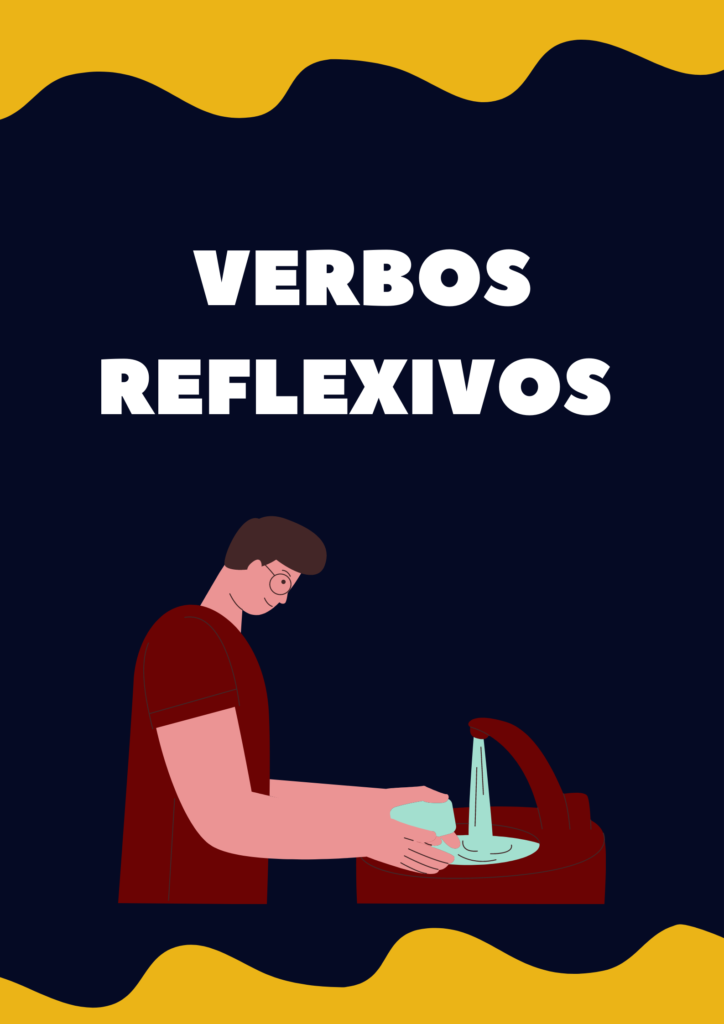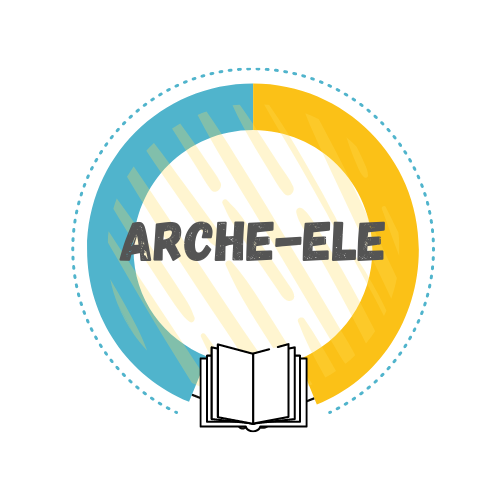
REFLEXIVE VERBS
We use reflexive verbs when the action falls on ourselves, or in that case on said subject. Normally, we use a reflexive pronoun to complement the conjugation when it comes to these reflexive verbs.
It works in all conjugations with its unstressed reflexive personal pronoun, ME, TE, SE, NOS, OS, which always coincides with gender (M – F) and number (S – P).
YO
Me baño
TÚ
Te bañas
ÉL/ELLA/USTED
Se baña
NOSOTROS
Nos bañamos
VOSOTROS
Os bañáis
ELLOS/ELLAS/USTEDES
Se bañan
How are the pronouns located?
Before the verb:
Juana se peina cada día al frente de su espejo.
Before the imperative in negative form:
No te cepilles tan rápido.
After the affirmative imperative:
¡Báñate ahora!
Before a paraphrase:
Ella se va a levantar temprano.
After the infinitive of a periphrasis:
Ella va a levantarse temprano.
If we use the formula ESTAR + GERUND, we can use reflexive pronouns before or after:
Él se está poniendo triste.
Él está poniéndose triste.
IMPORTANT
It is very important to remember that there are some verbs that can be used with reflexive pronouns or without reflexive pronouns.
When this subject does the action for another subject, that verb is no longer used reflexively, since it would be used as a direct or indirect object pronoun.




